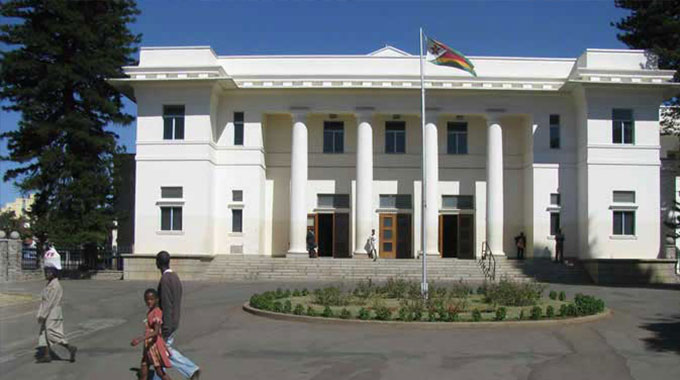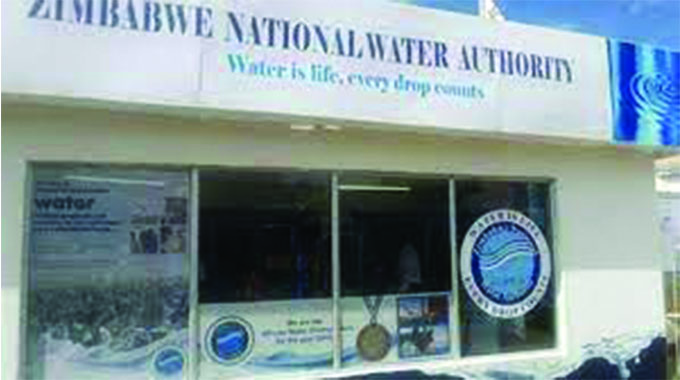
The Sunday News

Andile Tshuma, Sunday News Reporter
THE Bulawayo City Council is reconsidering the introduction of pre-paid water meters in the city to help account for water losses and improve on revenue collection after implementation of the scheme failed to take off in 2019 due to discrepancies between foreign and local currencies at the time making the process too expensive.
Speaking to Sunday News in an exclusive interview on Wednesday, Acting Director of the Engineering Services Department Engineer Sikhumbuzo Ncube said council was considering to pilot the project in areas that are exempted from the ongoing water shedding exercise such as the Central Business District (CBD) and industry.
Eng Ncube said continuous supply of water would be a prerequisite to have a properly functional pre-paid meter with minimum disruptions hence the pilot project in areas where there is constant supply of water.

Central Business district
He said this would reduce the chances of technical glitches that might result in non-continuous flow of water that comes with the shedding programme. He said council was still learning from some municipalities that have already introduced pre-paid water meters in the country, with some having recorded acute problems with the meters.
“Prepaid water meters are an intelligent way of accounting for the water. They are not a new concept in the City of Bulawayo but a pre-paid water meter would be best placed in a place where there is continuous supply of water and minimal disruptions.
“Bulawayo now has its unique challenges, one of which we are discussing- droughts. When you then restore water supply after shedding, it comes with a lot of other challenges as pre-paid meters are a bit sensitive, but of course technology is improving and there are new models which are not as sensitive to disruptions.

Bulawayo City Council
“As we shed water in the city, we do have areas where we do not shed, such as the Central Business District, our health care facilities such as our central hospitals Mpilo and UBH. So, we don’t shed Central Business District, we also do not shed industrial areas and these are areas where we may pilot the project,” said Eng Ncube.
He said the city had been delaying piloting the pre-paid water meters project as the municipality was observing the successes and failures of the said meters in other municipalities where they were introduced.
Gwanda Municipality was one of the first councils to introduce pre-paid water meters in the country before the Zimbabwe National Water Authority (ZINWA) introduced them through a pilot project in Hwange last year.
Eng Ncube said the pre-paid meters in the city would be first rolled out on a small-scale basis in areas that were currently exempted from water shedding, although the issue was still under consideration and had not yet been finalized.
“So, this is the first port of call where the city is considering possibilities of introducing and installing pre-paid water meters.

Zimbabwe National Water Authority (Zinwa)
However, we are a very cautious city, as we have been considering these meters, our idea was to observe and learn from others who have already introduced them so that we see the potential challenges that we could meet along the way.
“So, I am happy to say that it is something that is back on the table and is being considered. Like I have said, the hint is, we have areas that we do not shed and those are good opportunities to start off from, by piloting those areas,” said Eng Ncube.
He said pre-paid water meters were important as they could contribute to curbing non-revenue water. He said council had managed to contain non-revenue water to around 48 percent of the total water lost in the system.
“Pre-paid water meters are a very intelligent way of accounting for our water. Some water meters are very old and malfunctioning. Around 2012, our non-revenue water was around 60 percent, with physical losses accounting for around 30 percent. We continue to monitor to try and curb these losses. Putting new meters is therefore another form of managing non-revenue water,” said Eng Ncube.



